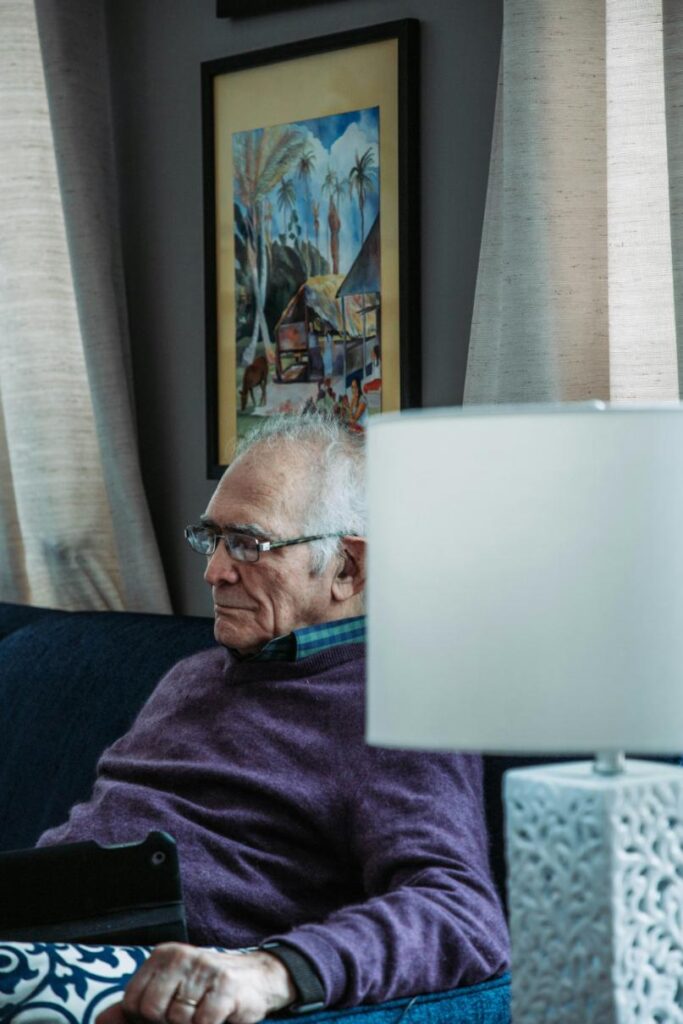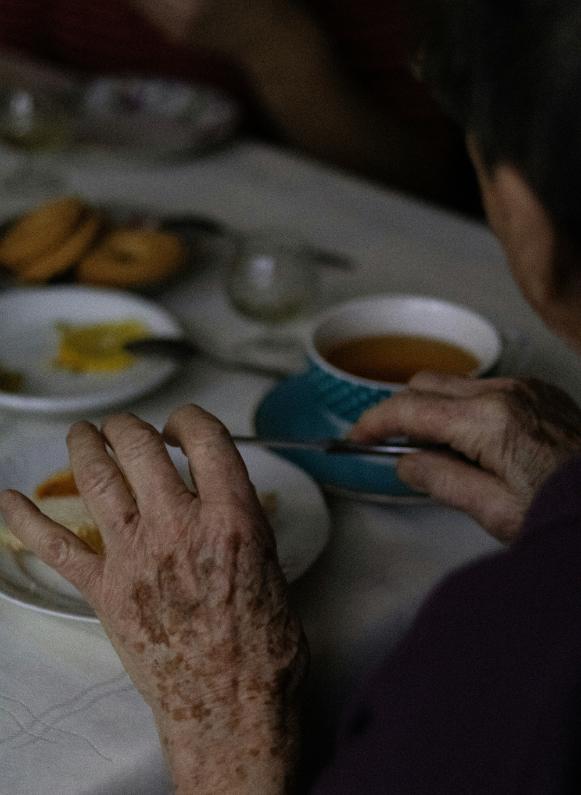Signs It May Be Time for Residential Care

Deciding whether it is the right time to explore residential care can be one of the most emotional and difficult choices for individuals and their families. It is not always about a specific age or a single medical condition, but rather about recognising the signs that everyday life has become increasingly challenging at home. This guide will help you understand when residential care might be the best option, the different types of care available, and how Barty House in Kent offers support, comfort, and reassurance to those who need it.
Understanding the Types of Care
In the UK, there are several types of care services available, each suited to different levels of need. Residential care homes provide a safe and supportive environment where trained staff are on hand to help with personal care, meals, and daily activities. For those requiring additional health support, nursing homes are available, staffed with qualified nurses who can provide registered nursing care for more complex medical conditions such as dementia, long-term illness, or other health needs that go beyond daily personal care.
Personal care services, sometimes known as domiciliary care, also exist for people who wish to remain in their family home. Carers can visit to assist with household chores, personal hygiene, meals, and companionship. This allows older people, or those with a disability, to live independently for as long as possible. While these options can provide effective support, there are times when residential care becomes the best choice, especially when safety, health, or well-being are at risk.
Signs it May Be Time for Residential Care
Residential care is often considered when life at home, even with support, becomes too much to manage. Some common signs include difficulties in completing daily activities such as cooking, cleaning, or managing personal hygiene. If you or your loved one is increasingly forgetting to take medications, struggling to remember appointments, or getting confused about daily routines, these may be indicators that stronger support is needed.
Other important signs include frequent falls or reduced physical stability. If a person is no longer steady on their feet, the risk of injury increases dramatically. Incontinence can also become an issue, causing distress and challenges to both the individual and their carers. Likewise, changes in mood or low mental health, such as withdrawal, depression, or a noticeable loss of interest in everyday life can signal it may be time for more support from a residential setting.
There are also cases where individuals with a learning disability, physical disability, or complex medical condition require additional assistance that cannot be reliably managed at home. For these people, residential care can provide both the medical care and personal support needed to preserve dignity and maintain quality of life.

The First Step: A Care Assessment
If you are unsure whether residential care is the right option, the best place to start is with a care assessment from your local council or local authority. Anyone over the age of 18 can request this, regardless of whether their needs are simple or not. The assessment considers a person’s health, social care needs, and daily challenges, and it provides guidance on what type of support might be most suitable.


The assessment team can also give advice about financial options. Depending on the outcome of the assessment, some residents may qualify for funding towards their care costs, while others may be required to self-fund. A financial assessment will help determine if you are eligible for assistance or whether you would need to cover the fees yourself. Your benefits office may also advise on disability benefits and other allowances that could provide additional support.
Exploring Funding Options
One of the biggest concerns for families considering residential care is cost. In England, if your savings or assets are over a certain threshold, you may be expected to self-fund your care. For those with less, the local authority may contribute following a means-tested financial assessment. It is important to explore every option, including disability benefits and NHS continuing healthcare, especially for those with complex medical needs requiring registered nursing care.
At Barty House in Kent, we understand funding decisions can be overwhelming. Our team is always on hand to offer advice and assistance, ensuring residents and their families are well-informed and supported throughout the process.
Choosing the Right Care Home
When visiting care homes, it is important to take the time to explore the facilities, meet care staff, and see the daily activities on offer. A good care home should feel welcoming, supportive, and homely, with a team of carers who provide both personal care and compassion. The Care Quality Commission (CQC) inspects and regulates care homes across England, so checking the most recent CQC report can help reassure you about the quality of care provided.
At Barty House, our philosophy is built around giving residents the highest standard of care within a warm and friendly environment. We are proud to provide luxury residential care tailored to individual needs. Our qualified care staff support residents in maintaining as much independence as possible, whilst offering assistance with daily activities, personal care, meals, and emotional well-being. For those with medical conditions requiring nursing support, we also provide registered nursing care, ensuring health needs are met safely and effectively.

Life in a Residential Setting
Moving into a residential home does not mean giving up independence or losing a sense of self. In fact, it can be the opposite. Residential care offers older people and those with health needs the opportunity to live in a supportive setting while enjoying social interaction, activities, and community life. Residents can spend time with friends, take part in activities designed to keep the mind and body stimulated, and still enjoy fresh air in safe outdoor spaces. Importantly, families can have peace of mind knowing their loved one is well-cared for by a dedicated team.
Meals are freshly prepared, household chores are taken care of, and residents have the reassurance that staff are available whenever needed. This balance allows people to settle into a comfortable routine while still feeling part of a vibrant community.


Other Options Before Residential Care
Residential care may be the right choice for many, but it is not the only option. Some people may prefer to have carers visit them at home, supporting them with daily tasks such as washing, dressing, or meal preparation while they remain in familiar surroundings. For others, friends or family members may be able to offer support, ensuring that independence is retained while still receiving the help needed.
However, when these options are no longer enough, or when safety, medical care, and well-being are compromised, moving into a residential setting is often the best solution.
Why Families Choose Barty House
Barty House provides residential care in Kent that focuses on dignity, respect, and high-quality support. We care for elderly people, those living with dementia, and individuals with complex medical conditions who need more support than can be given at home. Our care staff are not only highly trained but also compassionate, ensuring each resident feels part of our extended family.
The facilities at Barty House have been designed with comfort, safety, and community in mind. From well-prepared meals and engaging activities to excellent healthcare monitoring and personal assistance, every resident is valued and supported to live life to the fullest. Families who choose Barty House often tell us it has given them peace of mind, knowing their loved one is safe, cared for, and surrounded by kindness.
Taking the Next Step
If you or someone you love may be ready for residential care, now is the time to seek advice and explore options. Start by requesting an assessment through your local authority, and then arrange visits to care homes in your chosen area to see which setting feels most supportive. At Barty House, we are dedicated to providing compassionate, expert support tailored to each resident’s needs. Whether you’re exploring residential, nursing, dementia, palliative, or short-term care, we’re here to guide you every step of the way. Get in touch with us today to find out how we can help your loved one live with comfort, dignity, and joy






